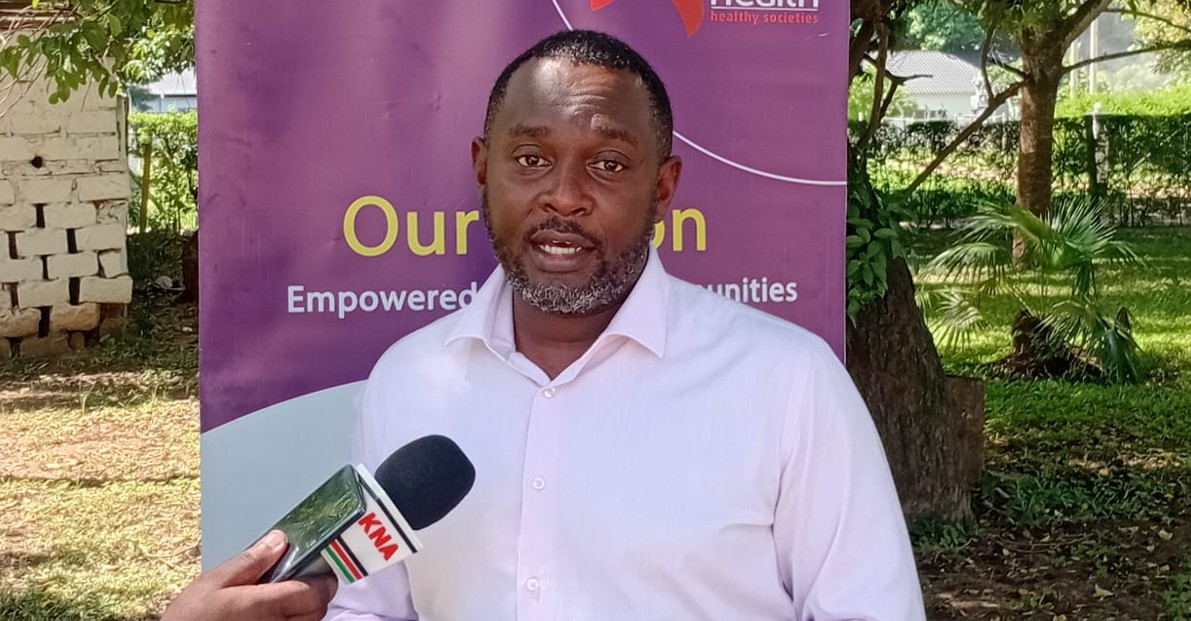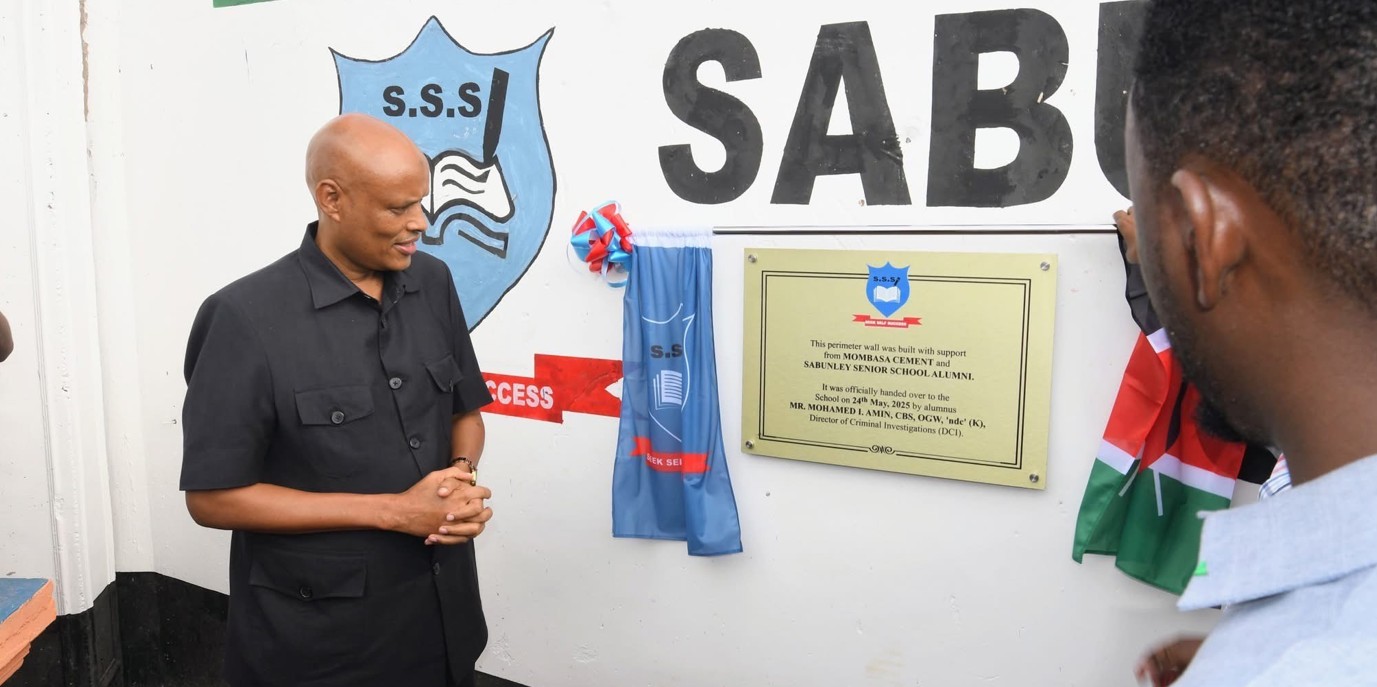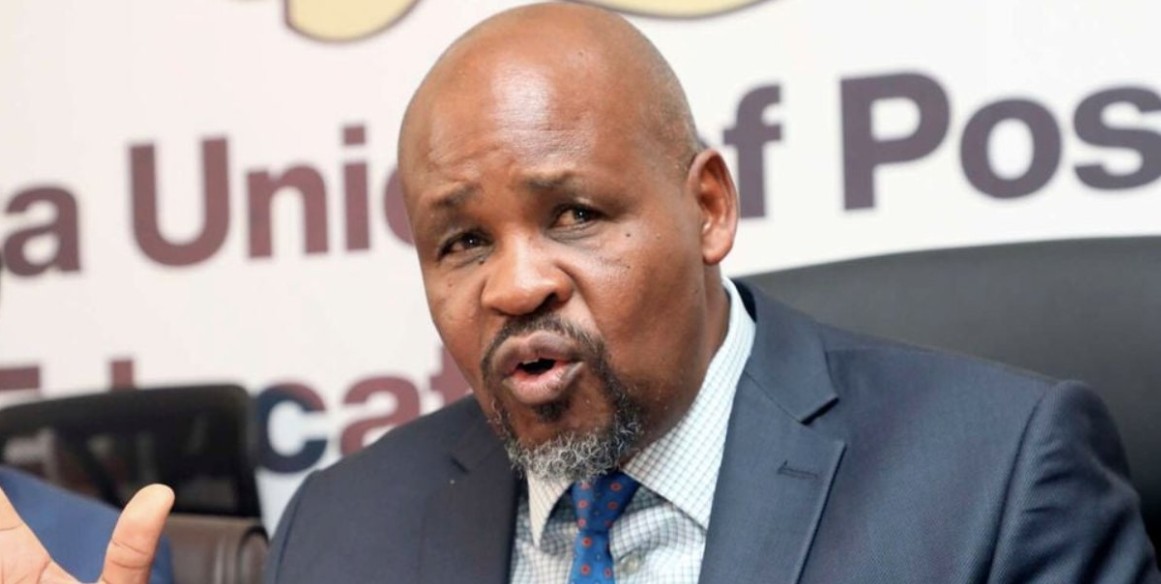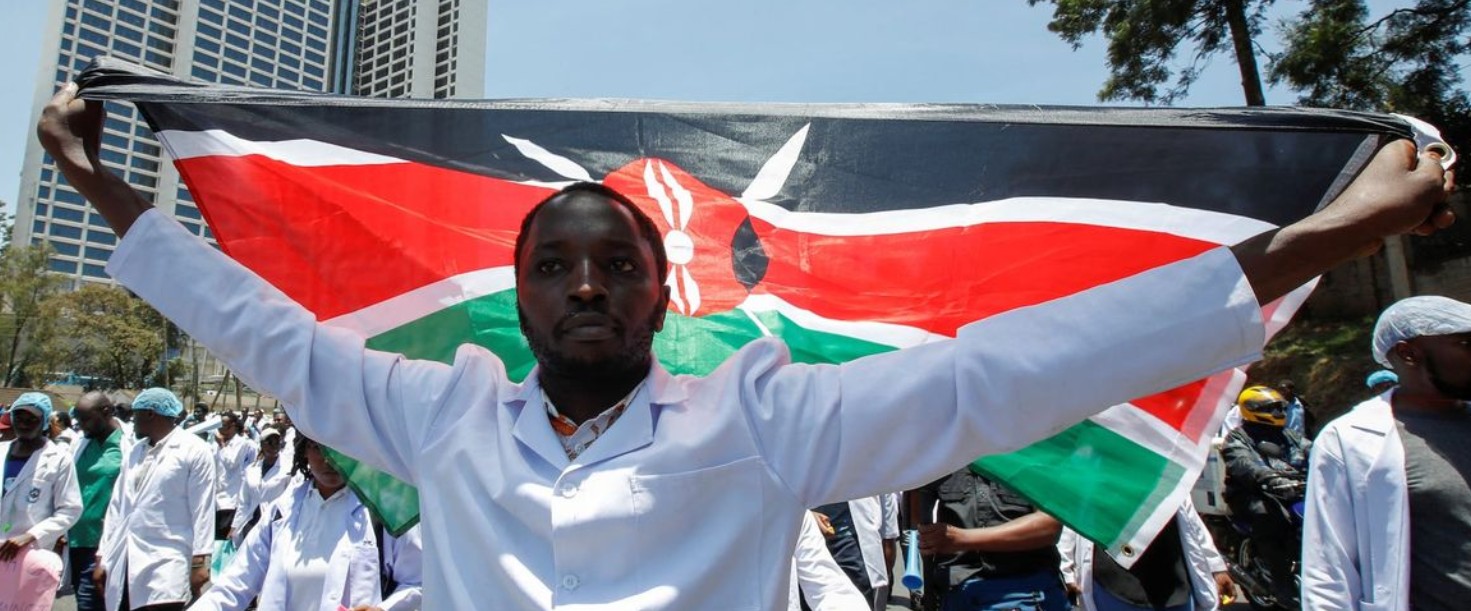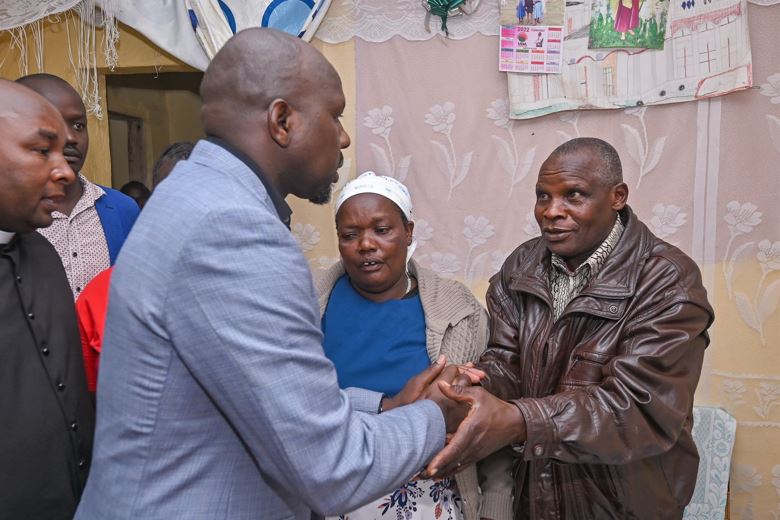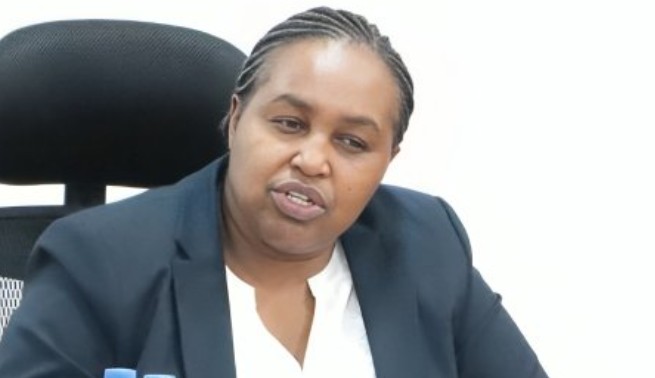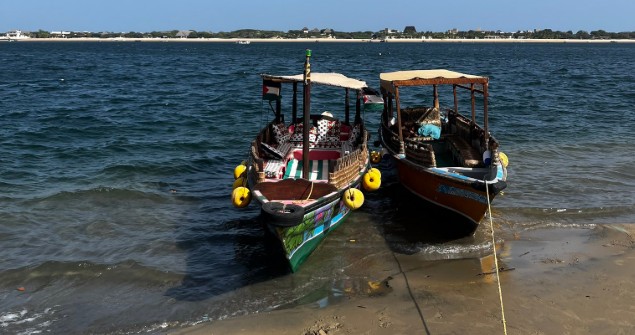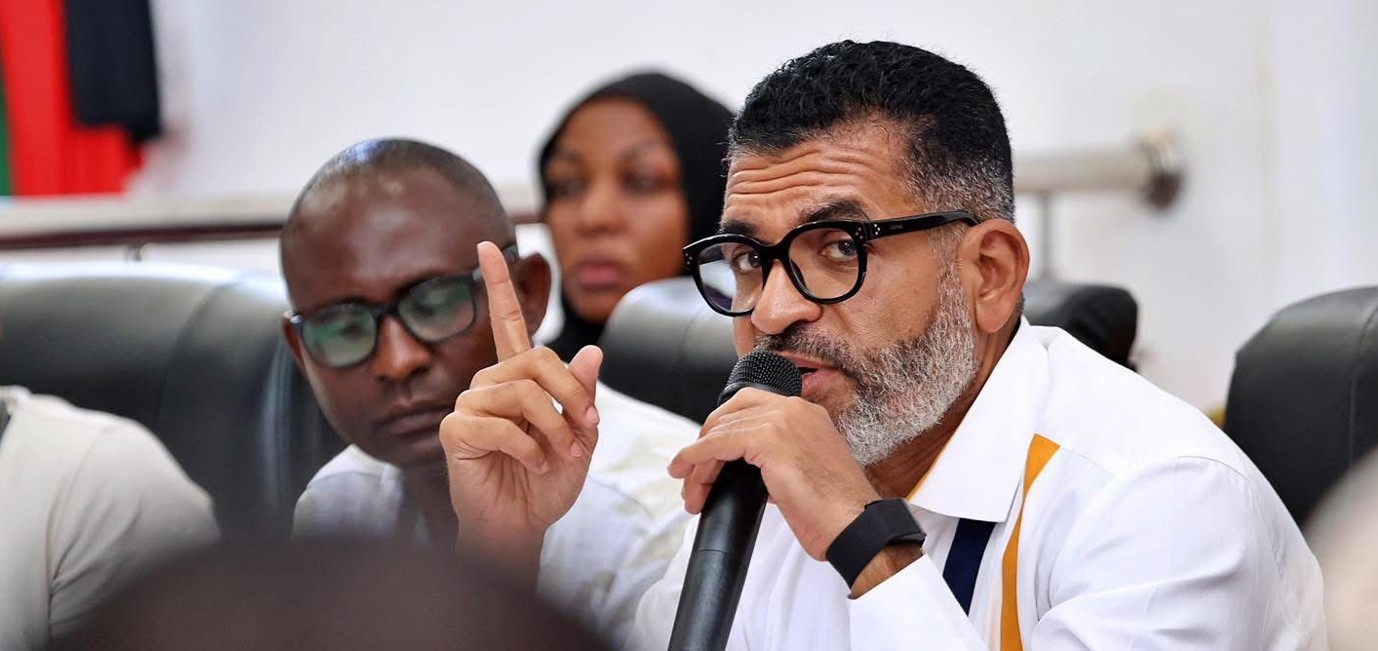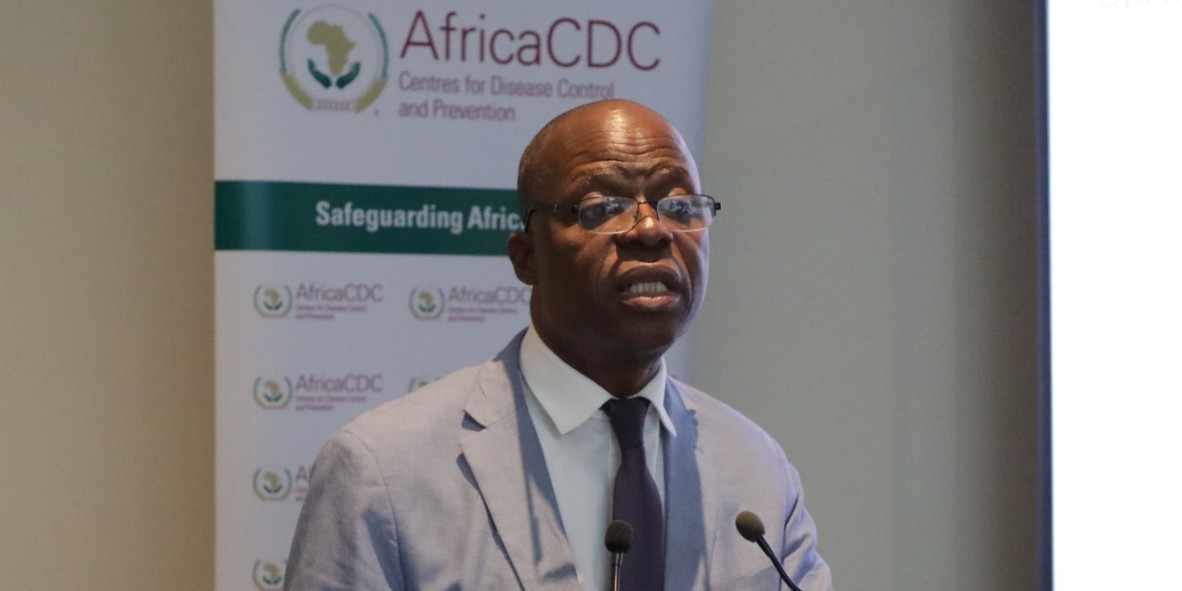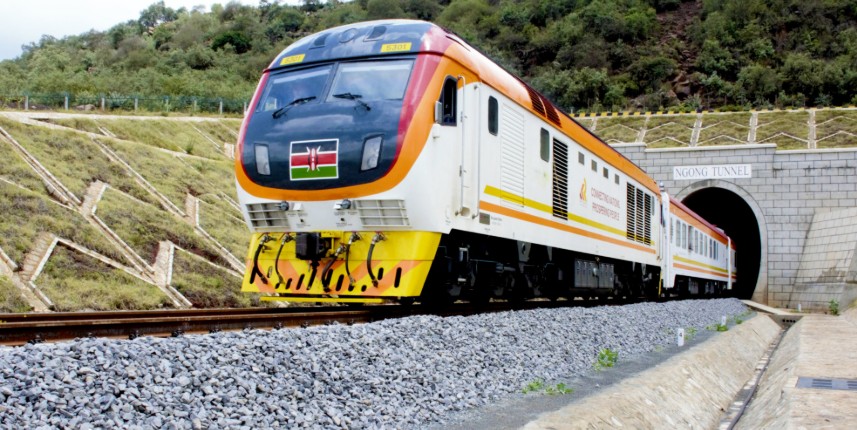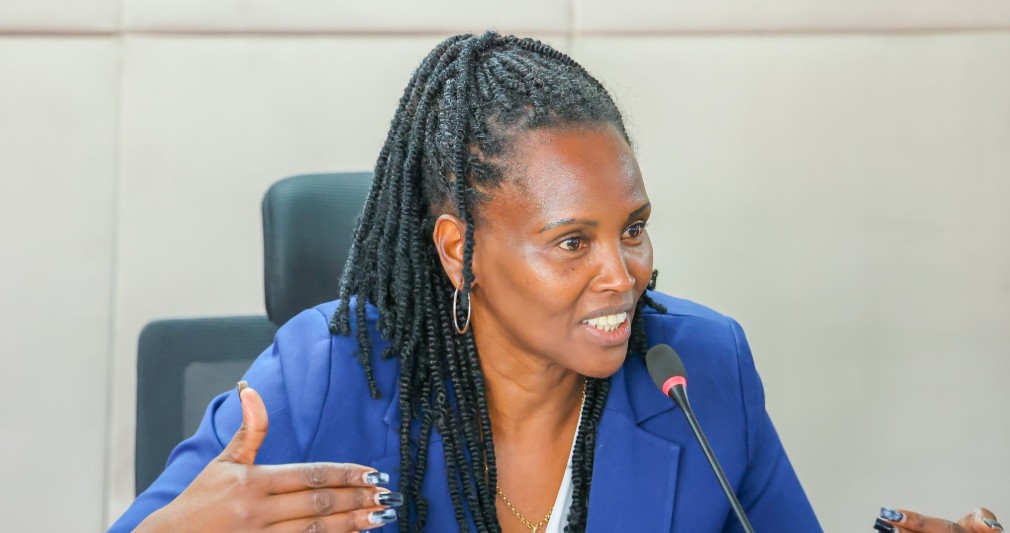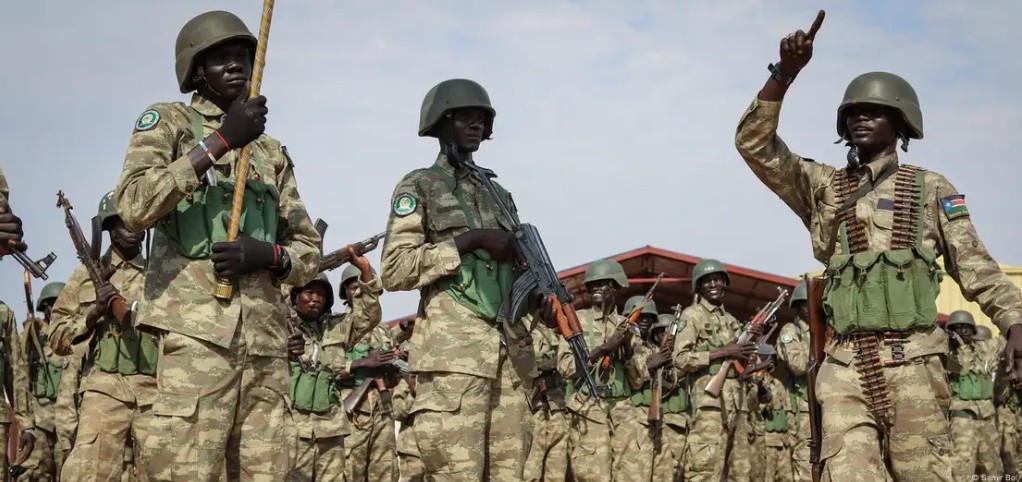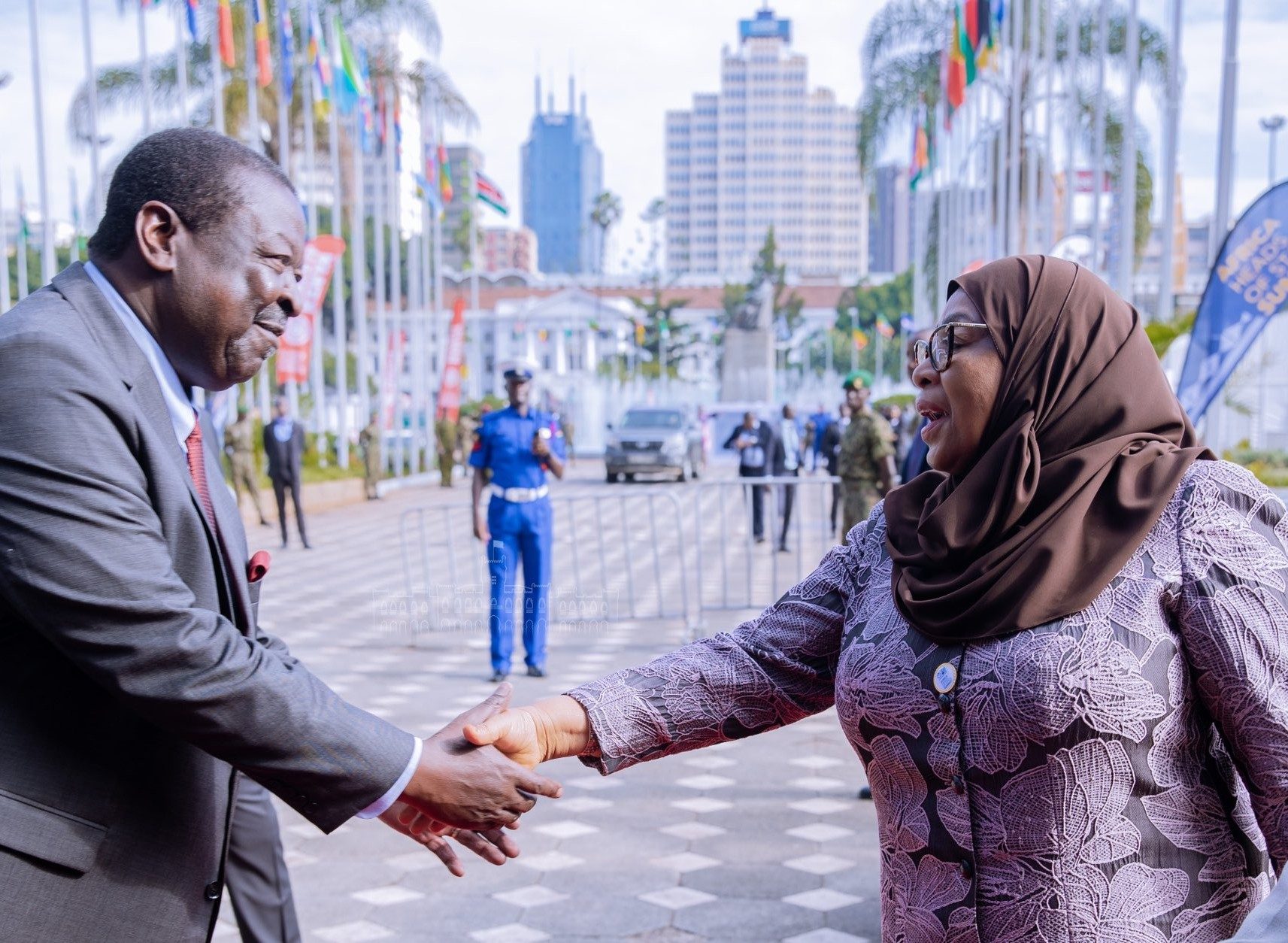Garissa communities reclaim barren rangelands with drought-resistant seeds
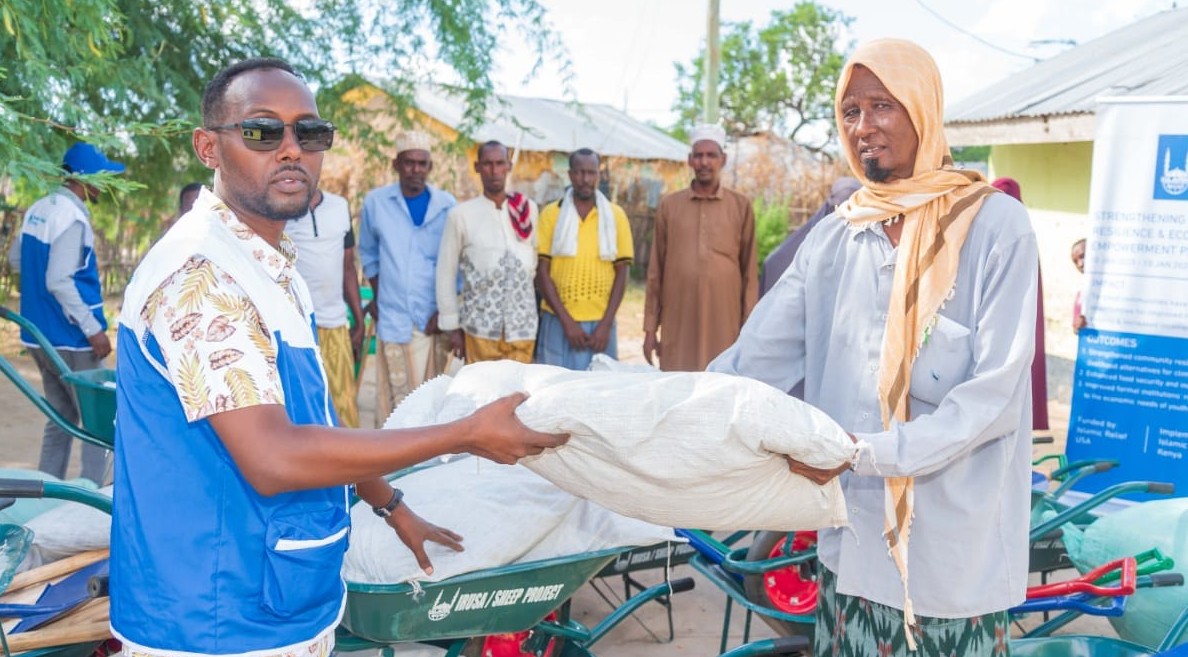
Garissa Agriculture CEC Milgo Dubow said the county government teamed up with Islamic Relief Kenya to help pastoralist communities restore degraded rangelands.
Mohamed Noor, the chairman of the Jarajara Rangeland Management Committee in Garissa County, pushes sacks of drought-resistant seeds from the Islamic Relief Kenya office. He will use them to help restore degraded rangelands in Jarajara through a reseeding programme.
He is among 60 community members of a Rangeland Management Committee drawn from Koriale, Sankuri and Jarajara wards in Garissa.
More To Read
- From despair to renewal: Kwale farmers restore degraded land through tree regeneration
- African islands under threat: What to do about Trump’s withdrawal from climate change agreement
- Garissa hosts its first cultural festival, celebrating diversity and unity
- How climate change fuels rise in gender-based violence in Garissa
- Garissa residents urge state to scrap colonial-era boundary causing conflict with Tana River
- What causes inequality in African countries? New book traces a vicious cycle
"We recently experienced heavy rains in Jarajara, but with insufficient grass, climate change degraded our previously fertile land, our grazing land has turned barren," he said.
He expressed hope that the seeds and tools that included wheelbarrows, pangas, jembes, sickles, and forks donated by the organisation would help them to rehabilitate and manage their degraded rangelands effectively.
Livestock keeping
Mohamed stated that degradation of the rangelands was threatening livestock keeping, which serves as their main economic livelihood.
Sankuri Wildlife Conservancy, which promotes community wildlife conservation, is among the rangelands that received the donation aimed at restoring and managing rangelands, improving livestock and wildlife feed availability and ensuring sustainable grazing practices.
Abdifatah Gure, the chairman of the conservancy, expressed hope that the initiative will have a positive restoration impact.
"Soil degradation is spreading at an alarming rate; it's endangering our livelihood and the local wildlife," he said.
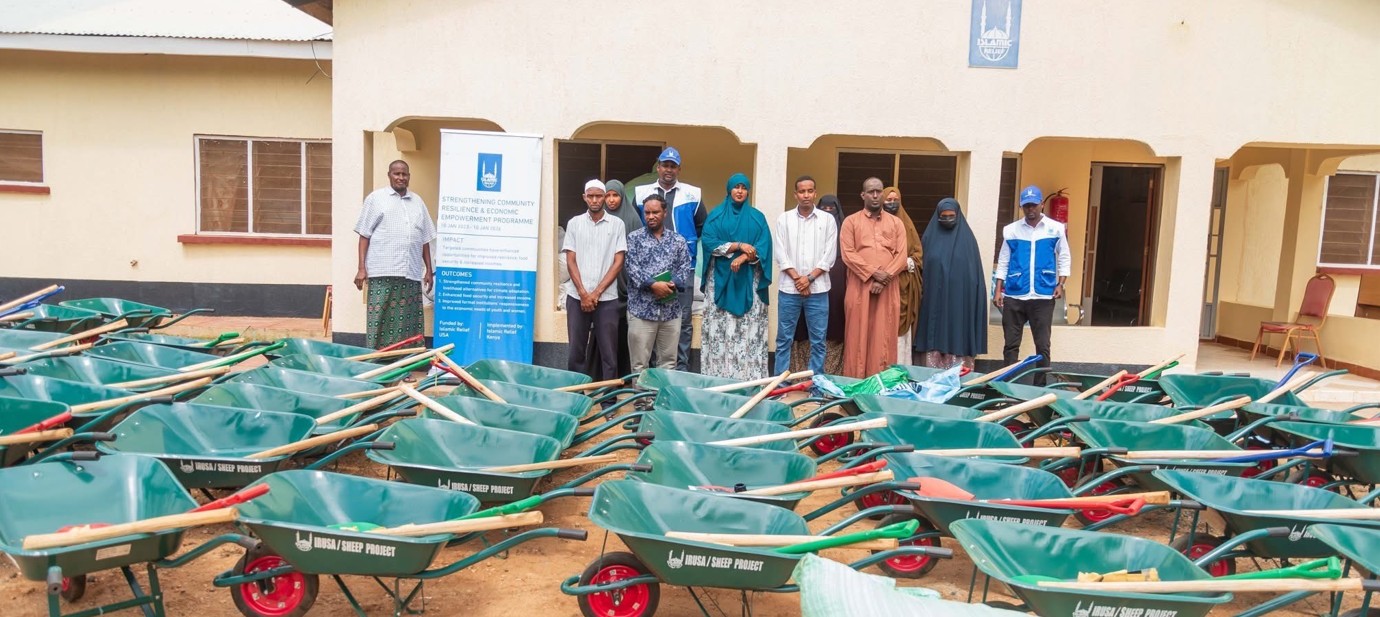 The community empowerment initiative was part of Islamic Relief Kenya’s Strengthening Community Resilience and Economic Empowerment Project (SHEEP). (Photo: Issa Hussein)
The community empowerment initiative was part of Islamic Relief Kenya’s Strengthening Community Resilience and Economic Empowerment Project (SHEEP). (Photo: Issa Hussein)
Through a training by the organisation, he said they have constructed almost 1000 semi-circular water pans to harvest rain water and plant the drought-resistant seeds to enhance pasture growth and overall ecosystem resilience.
He expressed hope that the reseeding initiative would help to improve grazing capacity, replenish soil fertility and reduce erosion.
"With ongoing rains, we expect to have more diverse and robust pastures that will enhance the availability of forage for our livestock and wildlife," he said.
Abdi Bunow, the Islamic Relief Kenya Livestock Project Officer at the Garissa field office, said the community empowerment initiative was through the organisation's Strengthening Community Resilience and Economic Empowerment Project (SHEEP), where tools and Bhoma Rhodes and Cychrus ciliaris seeds were distributed to the 60 members of the rangelands management committees.
"The project was designed to enhance opportunities for improved resilience, food security and increasing income for the targeted communities," Abdi said.
Other Topics To Read
Strengthening community resilience
"We can envisage that it will have other outcomes, including strengthening community resilience and livelihood alternatives for climate adaptation, and improving formal institutions' responsiveness for the economic needs of youth and women," he said.
Abdi said climate change is putting pastoralist livelihoods at risk, making it necessary to strengthen rangelands through measures that reduce drought impact, prevent land degradation, and boost livestock productivity.
"The provision of the drought-resistant fodder seeds will improve pasture availability and ensure sustainable livestock feed even during the dry spells," he noted.
He emphasised how the farming tools will facilitate land preparation, planting and maintenance activities, empowering the community to engage in rangeland restoration and sustainable grazing practices.
Abdi highlighted how the targeted communities from the three wards were trained on the project that borrowed the idea of building semi-circular pans from Isiolo County that will enhance the degraded land to have enough grass that once fully grown, the wind will help to disperse them from areas around the water pans to swathe of barren pastures land.
Milgo Dubow, the Garissa County Executive Committee Member for Agriculture, Livestock and Pastoral Economy, said the county government partnered with Islamic Relief Kenya to support the pastoralist communities in undertaking the restoration of the degraded rangelands.
She urged the rangelands committee members to effectively utilise the resources donated and ensure the project achieved the intended outcomes.
Top Stories Today
Reader Comments
Trending
